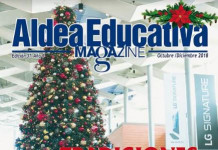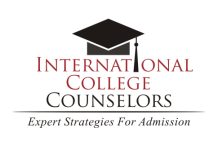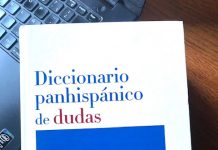
When planning to study in the United States, you must first study the process.
| Today, applying for a student visa is a very strict and complex process. You should not only be deciding whether to study this or that course, this or that career, in this or that Institution or in this or that State. You must be very careful in every step you take in order to avoid surprises or irreversible mistakes. Often times, we assume that the issuance of a student visa is a fairly automatic process, which only requires presenting an I-20, a simple Application Form and certain financial support documentation.
You may also interested in Best Practices for Parent Engagement & Family Support in Early Education Programs Nevertheless, in countries of high immigration volume, like for example Venezuela, The US Consulate is taking the time to thoroughly analyze each student Visa Application (whether is for an F-1, M or J-1). This analysis starts from the moment they electronically receive your DS-160 Form and maybe, at that time they are already concluding that it is not even necessary to review the documentation you will be presenting at their window at the time of your interview. This is why the following phrase is not always true: “They denied the visa without looking at my documentation”. Remember that the Form DS-160 is part of the Visa Application process and if this Form is not duly completed, or if it contains errors, omissions, incongruences or false information, it can by itself trigger said denial, which is a discretionary and autonomous decision. Seek proper advice when deciding is an F-1 Visa is convenient for you or for your children, since there may be other Visa alternatives that better suit your needs and which not imply taking unnecessary risks. For instance, many parents are eligible for work or investors Visas which includes their children less than 21 years as family members. With this Visa children are allowed to study in the US without the need of a student visa, even in public institutions, with much better tuition rates that those applicable to international students, sometimes for free, while the parents could continue to reside in their country of origin if they wish. Sometimes, the students themselves may apply for these Visas as well. We discuss this and other topics of interest to students and their families in our weekly Seminars on line (Webinars), which are free and live. To register or to request a private consultation, please contact us at info@ariastovar.com |
|
Sourse: Edition 25 Aldea Magazine




















